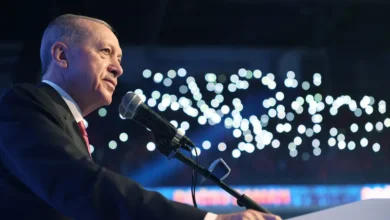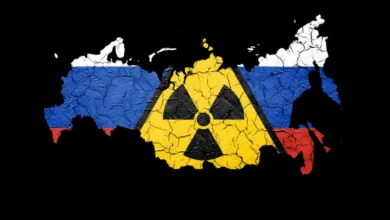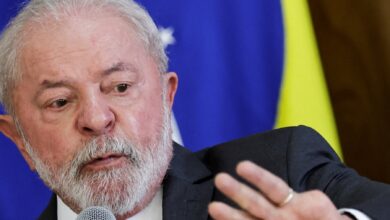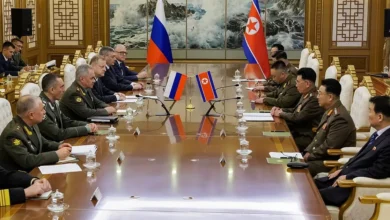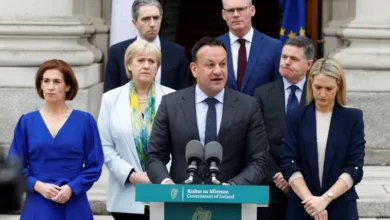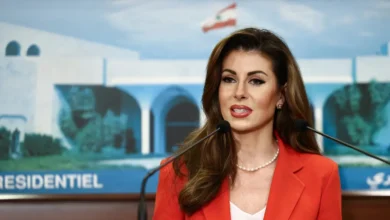US-India relations at their ‘worst’ as Trump slaps 50 percent tariff
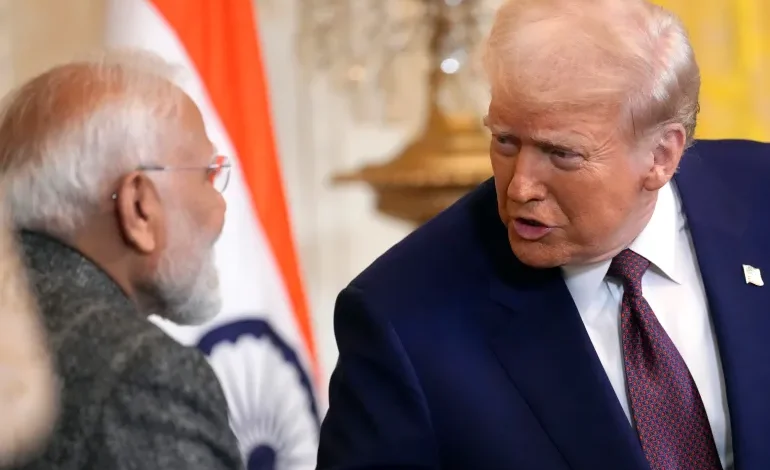
Even as the United States slaps India with a 50 percent tariff, the highest among all countries so far and one that will push their relationship to its lowest moment in years, one thing is clear: US President Donald Trump is more interested in onshoring than friend-shoring, experts say.
On Wednesday, the US announced an additional 25 percent tariff on India over its import of Russian oil, taking the total to 50 percent. The move caught most experts by surprise as New Delhi was one of the first to start trade negotiations with Washington, DC, and Trump and Indian Prime Minister Narendra Modi have repeatedly admired each other in public statements and called each other friends. Brazil is the only other country facing tariffs as high as India’s.“The breakdown of the trade negotiations was a surprise,” said Vina Nadjibulla, vice president of strategy and research at the Asia Pacific Foundation of Canada.
“This is a very difficult moment, arguably the worst in many, many years in their relationship and puts India in a very small group of countries that find themselves without a deal and with the highest tariff rates. They now need some pragmatic path forward and need to find a way to rebuild trust,” Nadjibulla said.
While the 50 percent tariffs, set to kick in in three weeks, have come as a shock, there has been a series of events in the past few weeks that hinted at disagreements between the two countries.
Just last week, Trump threatened that he would penalise New Delhi for buying Russian oil and arms, venting his frustration over an impasse in trade talks and referred to both countries as “dead economies”.Negotiations deadlock
Last year, bilateral trade between India and the US stood at approximately $212bn, with a trade gap of about $46bn in India’s favour. Modi has said in the past that he plans to more than double trade between the two countries to $500bn in the next five years.As part of the tariff negotiations, New Delhi had offered to remove levies from US industrial goods and said it would increase defence and energy purchases, the Reuters news agency reported. It also offered to scale back taxes on cars, despite a strong auto lobby at home pressuring it not to.
But it refused to remove duties from farm and dairy products, two politically sensitive sectors that employ hundreds of millions of predominantly poor Indians, and a stance similar to some other countries like Canada.
